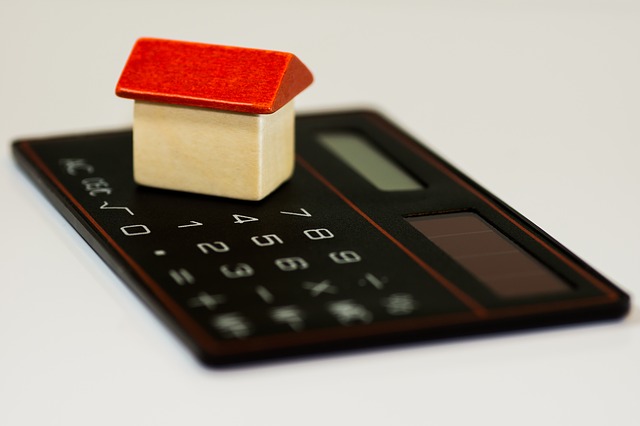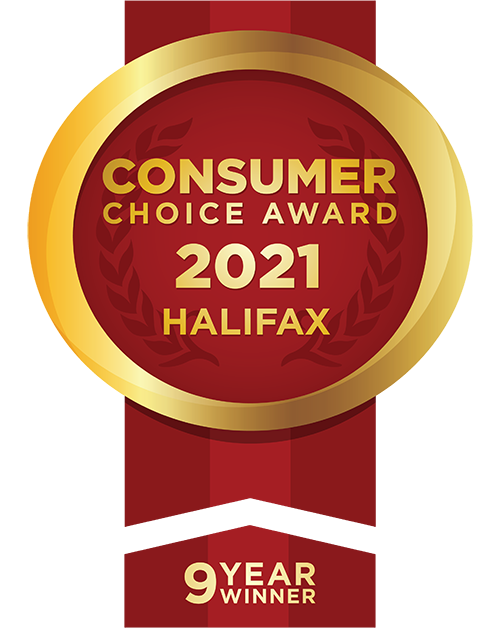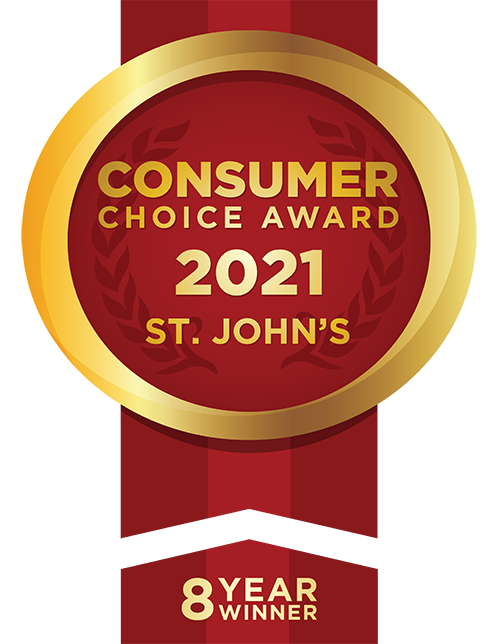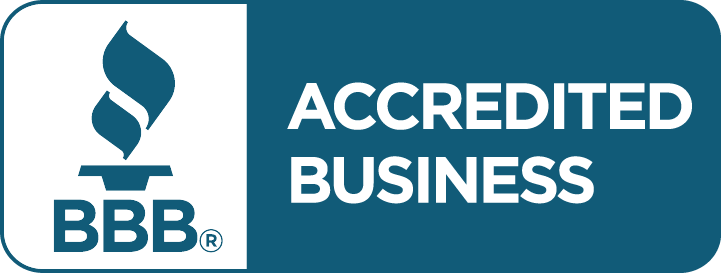In the Canadian housing market, it’s hard to buy a home without having a substantial down payment. As of January 2024, the average price of a home in Atlantic Canada was approximately $351,548. Unfortunately, it can be hard to save upwards of 20 per cent for a down payment when inflation has caused the price of just about everything to increase.
Buying a home can seem like a daydream for many, but with a little hard work, discipline and creativity, it can become a reality.
Figure Out How Much You Need to Save
The most important step when considering buying a home is to figure out how much you can afford and how much you need to save for a down payment. Research the average home prices in the areas where you want to live and determine how much you would need to save if you were to put down 5, 10 or 20 per cent of the sale price.
Keep in mind there are rules in place as to how much you have to put down, dependent on the price of the home. For homes that cost up to $500,000, the minimum down payment is 5 per cent. For homes that cost more than $500,000 and less than $1 million, the minimum down payment is 5 per cent of the first $500,000 plus 10 per cent of the remaining balance. For homes that cost $1 million or more, the minimum down payment is 20 per cent.
You should also crunch the numbers to determine what your monthly bills would be, as there’s more to owning a home than just a monthly mortgage payment. Account for utilities, property taxes and insurance. There are many free calculators you can use online, so take time to do your research or visit a mortgage agent to find out how much you can truly afford.
Don’t forget to also put aside money for closing costs, as you will need extra money to account for the unexpected expenses that typically come with buying a home. It’s not enough to just have the down payment. You’ll need money for legal fees, inspections and moving costs.
Determine How to Save for a Down Payment
Now that you know how much money you need to save, you need to figure out how you’re going to reach your goal. Review your spending habits and look closely at things such as how you spend your disposable income, where you waste money and unnecessary expenses. You should also come up with a realistic timeframe for when you want to achieve your goal. This will help you determine how much you need to put aside each month.
Here are some tips on how to save money for a down payment on a house:
- Cut back on expenses. Make a list of the extras in your life like cable TV or an overly expensive cell phone bill. By cutting back on expenses and putting yourself on a budget, you’re able to save extra money toward your down payment. Check out these 10 practical money-saving tips.
- Put aside the difference between your rent and your estimated mortgage payment. For example, if your rent is $800 but the houses that you’re looking at will have an estimated mortgage payment of $1000, you should put aside the extra $200 a month towards your down payment. Not only will you be able to save money faster, but this tactic also helps prepare you for the reality of a mortgage payment.
- Open an FHSA. The first home savings account (FHSA) allows account owners to put as much as $8,000 in savings away annually, and up to $40,000 over five years. Contribution room starts growing the first year the FHSA is opened. That money is tax-free on the way in and on the way out, meaning contributions can count as deductions on income tax and are not taxed when withdrawn for a down payment on a qualifying home.
- Leverage your RRSP. First-time buyers can borrow up to $35,000 from a registered retirement savings plan (RRSP) to put towards a down payment on a house. You won’t pay any tax on the amounts you withdraw if you repay the total amount to your RRSP as required within the next 15 years. The repayment period starts the second year after you make your withdrawals.
- Move. Rent can eat up a lot of your income, leaving you with little money left over for savings. While you may not want to live with your parents, living at home can help you save a significant amount of money that could get you into your own place faster. Alternatively, consider getting one or more roommates to cut down on rent or move to a smaller place in a less expensive neighbourhood.
- Ditch the credit cards. When you put things on credit, you often overspend. Try going on an all-cash diet and pay for things the old-fashioned way. Using cash is a great way to ensure you’re not relying on credit to buy things, especially essentials that you should be budgeting for in the first place. It also helps you avoid high interest charges.
- Open a TFSA and invest your money so that it grows more quickly. Putting aside money is important, but if it’s not invested or is sitting in a low-interest account, it’s not working as hard as it can for you. Leveraging a tax-free savings account (TFSA) will allow you to grow your money tax-free.
- Save your work bonuses, pay raises and tax refunds. These types of lump sum payments that you receive can contribute significantly to your down payment, so avoid spending it when you receive it.
- Sell your car. Cars are expensive, so switching to public transport can save you a lot of money each month. Additionally, you can put the money from the sale of your car towards your down payment.
- Get a side hustle. To reach your goal faster, consider increasing your income by getting a part-time job. Check out these ideas on how to make more money in Canada.
- Pay off outstanding debt. It may seem counterintuitive to pay down debt instead of saving, but when you have debt, you’re paying a lot of money in interest. Follow our tips on how to pay down debt and save at the same time.
- Improve your credit score. The better your credit score, the better interest rate you will get on future loans and mortgages. It’s important to keep your credit score strong during the time you’re saving for a down payment so that when you’re ready to get your mortgage you don’t have any issues.
Saving money for a down payment requires a lot of work, but it’s not impossible. Sometimes you may be able to have a smaller down payment by improving your credit score. If you have what any Canadian lender considers less than ideal, you may want to talk to a credit counselling service. Services like SolveYourDebts.com will help you reorganize your credit history. We provide budget counselling, consolidation and debt management solutions, and can help you achieve your goal of home ownership.
Your future home is waiting for you. You just have to do the hard work of making your dream become reality! Contact us today for a free consultation.











